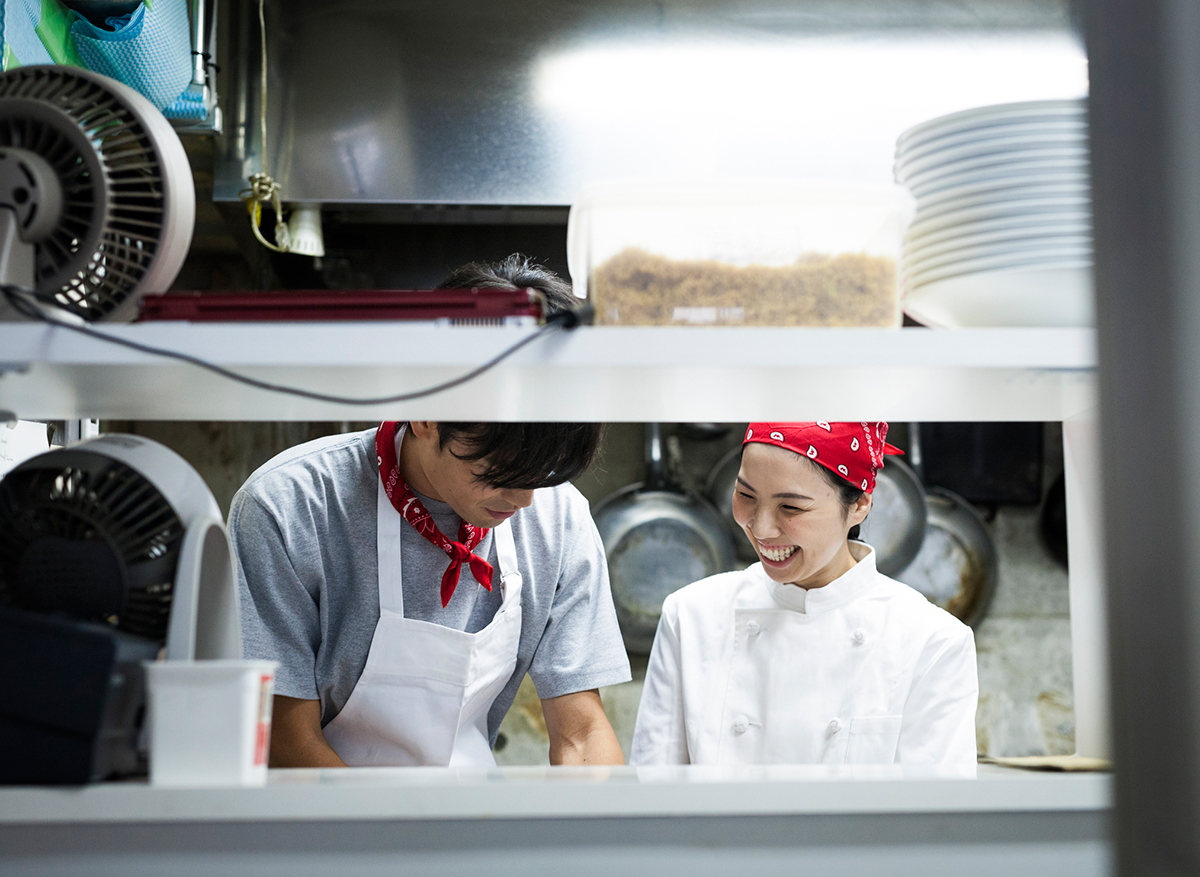It’s the chefs in fine dining establishments who can take credit for those impressive plates of food set before you. Aspiring gourmets often associate being a chef with a certain mystique. But if you’re seriously considering a career in hospitality, there are a few things to know. Becoming a professional chef requires years of dedication, training, and plenty of resilience.
What does a chef actually do?
At its heart, being a chef is about creating meals that bring joy to others. But behind the plated dishes and culinary artistry lies a demanding role that requires skill, organisation, and leadership. Chefs typically:
- Prepare and cook meals to a high standard
- Plan menus and source ingredients
- Supervise kitchen staff and apprentices
- Manage stock, budgets, and supplier relationships
- Ensure food safety and workplace compliance.
The glamour of the role is real, but so is the reality. Kitchens can be intense environments. Notoriously, chefs are some of the most hot-tempered people in the world. The consequence of small mistakes, such as improperly placed garnishes, might be frequent tongue lashings. For aspiring chefs, such things are to be expected—but they’re also part of the learning curve.
What qualifications do you need to be a chef?
Passion is essential, but qualifications give you the professional foundation to build a lasting career.
In Australia, most chefs begin their career through a trade qualification such as:
- Certificate III in Commercial Cookery (SIT30821) – this is the standard entry-level qualification for apprentice chefs. It combines practical training with formal learning and is the gateway to becoming a trade-qualified chef.
- Certificate IV in Kitchen Management (SIT40521) – ideal for those aiming to step into supervisory or head chef roles.
- Diploma or Advanced Diploma of Hospitality Management – these qualifications are tailored for chefs who want to manage kitchens, run restaurants, or move into hospitality leadership.
Professional training is like nothing else when it comes to honing your culinary skill. Attending Le Cordon Bleu or a reputable culinary school will significantly enhance your chances of success. In Australia, TAFEs and registered training organisations (RTOs) deliver the nationally recognised courses that qualify you as a chef.
View Commercial Cookery & Hospitality qualifications
Can I use my experience to become a qualified chef?
Yes—and many do.
You can start your journey “in the kitchen of a nice restaurant fairly easily. You can assist the salad chef, for starters.” Over time, you may work your way up the brigade system, moving from commis chef to chef de partie and beyond. Career advancement is possible for restaurant employees who work to improve their skills.
Hands-on experience counts. But in today’s industry, most employers and visa pathways still require formal qualifications. That’s where Recognition of Prior Learning (RPL) becomes a valuable option.
How RPL can help you become a certified chef faster
If you’ve already worked in kitchens but haven’t gained a formal certificate, RPL can fast-track your career.
Recognition of Prior Learning (RPL) is an assessment process that matches your workplace experience against the requirements of a qualification. For example, suppose you’ve spent years working as a cook in restaurants, hotels, or catering. In that case, RPL may allow you to achieve your Certificate III in Commercial Cookery without needing to repeat training you already know.
The benefits?
- Save time – no need to sit through units you already perform daily.
- Save money – RPL is often more affordable than full-length study.
- Boost credibility – having a nationally recognised qualification strengthens your employability in Australia and overseas.
At Skills Certified, we help candidates navigate the RPL process with our partner RTOs. If you’re already working in the industry, it can be the quickest way to formalise your skills and open doors to new roles.
Chef salary expectations and career outlook in Australia
Chefs in Australia enjoy solid career prospects, with demand consistently outstripping supply. According to Jobs & Skills Australia, employment for chefs is projected to remain strong over the next five years, with hospitality among the fastest-growing industries.
Salary expectations vary depending on your role and experience:
- Apprentice chef / commis chef – $45,000–$55,000
- Chef de partie / station chef – $55,000–$65,000
- Sous chef – $65,000–$80,000
- Head chef / executive chef – $80,000–$110,000+
(These figures are averages and can be higher in premium venues or remote locations with skills shortages.)
Another benefit? Culinary skills are globally portable. Many Australian-trained chefs work abroad in Europe, Asia, and North America, where Australian qualifications are well regarded.
















